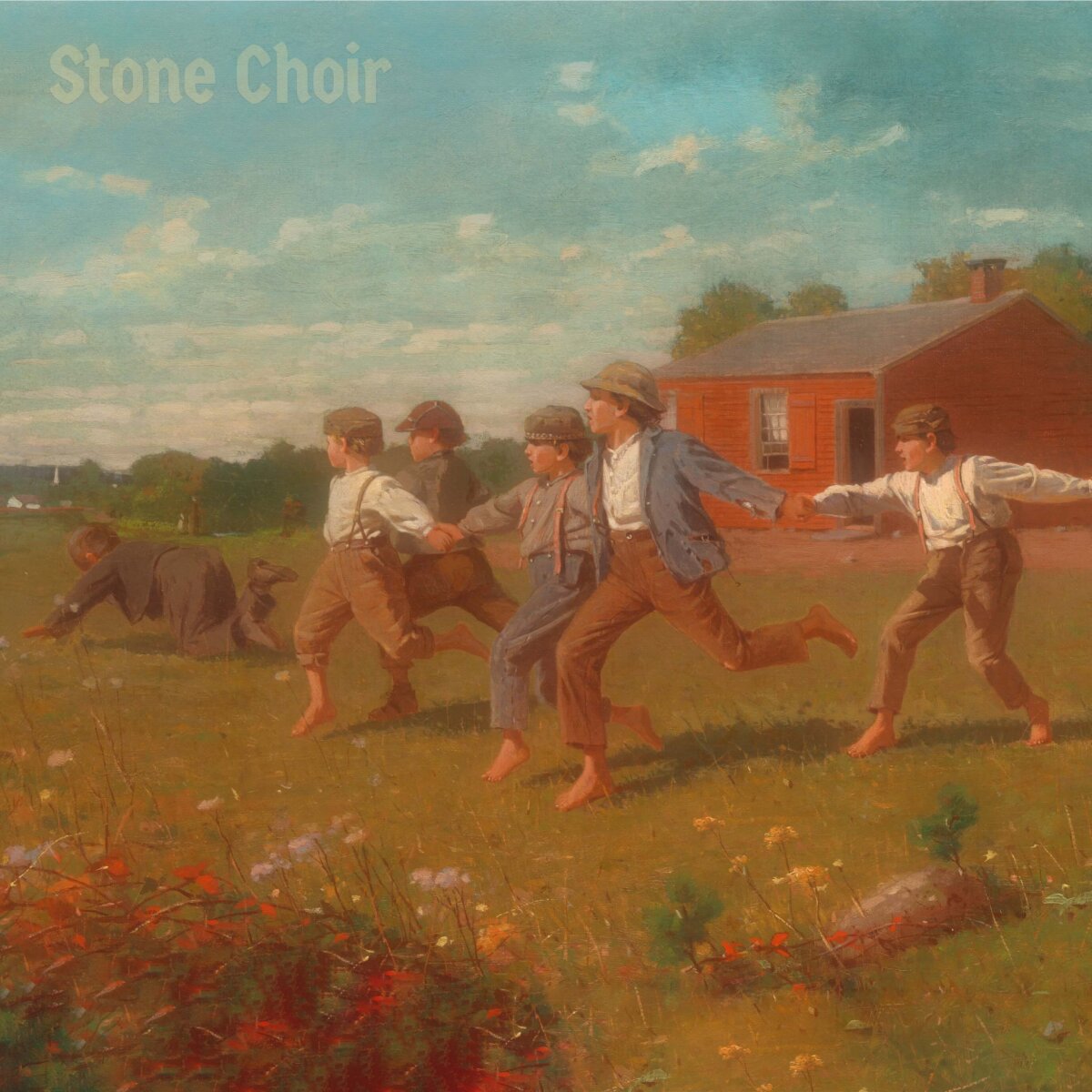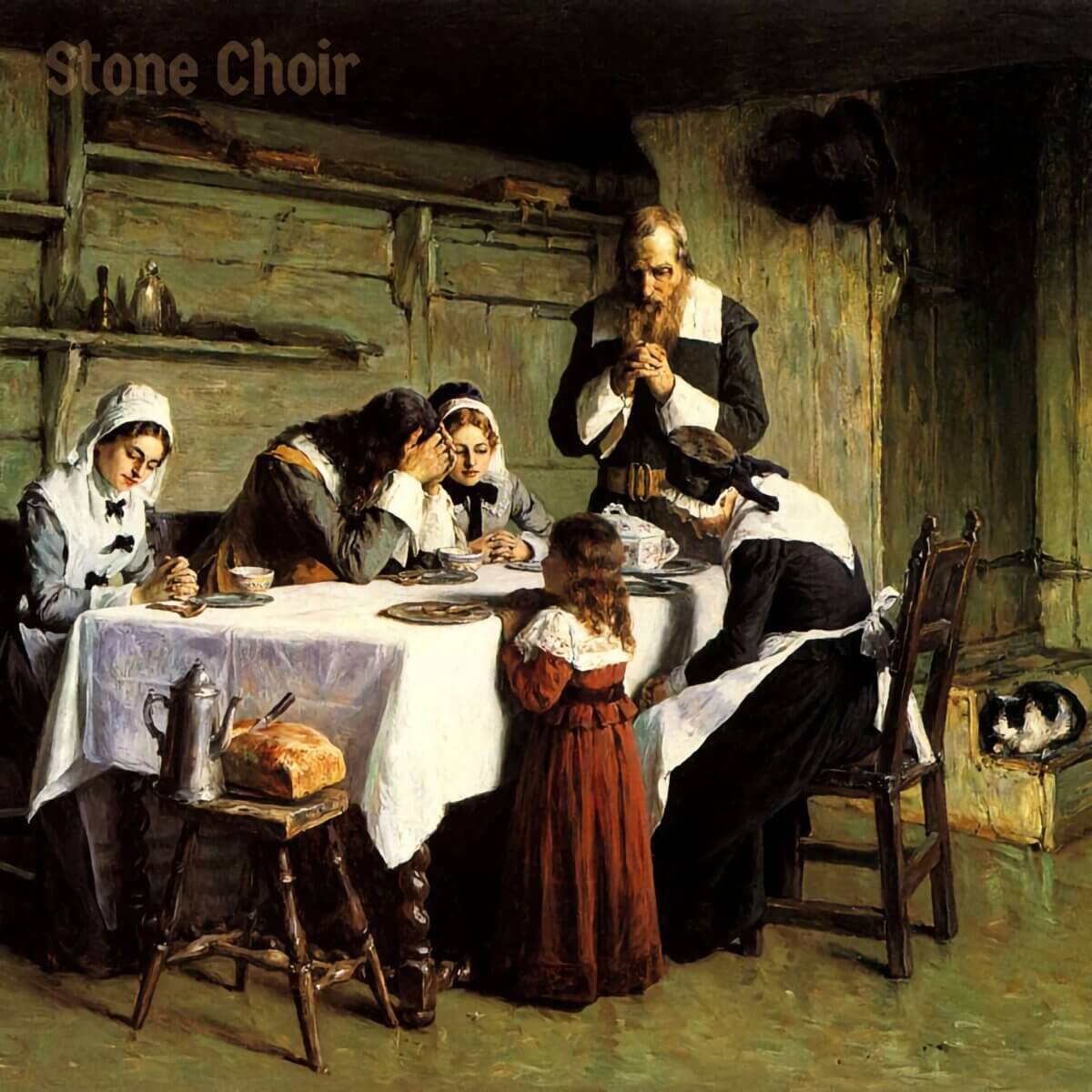Honor and Loyalty
Podcast: Play in new window | Download (Duration: 1:01:01 — 117.8MB) | Embed
Subscribe: Apple Podcasts | Spotify | Amazon Music | Youtube Music | More
Hosts

Corey J. Mahler

Honor and loyalty are closely related concepts — even nearly, but not quite, identical. In this third (and final) part of our series on honor, we address the matter of loyalty — what it is, what it is not, when it is due, and, perhaps most importantly, when it is not due. To God and nation, a man owes absolute and unconditional loyalty; to family and country, man owes a high degree of loyalty; to all else, man owes only a conditional loyalty (if any at all).
Further, a teacher, particularly a teacher of the Word, is not personally owed loyalty because he teachers the word; rather, it is the Word to which one’s loyalty is owed. A teacher who was once true, but has become false, must be deserted and abandoned, as the higher duty to God always trumps. A corporate entity — whether a baker, a school, or a church — is generally not, in and of itself, owed any duty of loyalty at all.
Many attempt to exploit man’s sense of loyalty, but it is incumbent on the Christian man to know to whom loyalty is owed and to whom it is not owed.
Romans 13:7 (ESV): »Pay to all what is owed to them: taxes to whom taxes are owed, revenue to whom revenue is owed, respect to whom respect is owed, honor to whom honor is owed.«
Show Notes
See Also
Further Reading
Parental Warnings
None.
Support the Podcast
Comments?
Join the discussion on Telegram, visit the feedback form or comment below.



